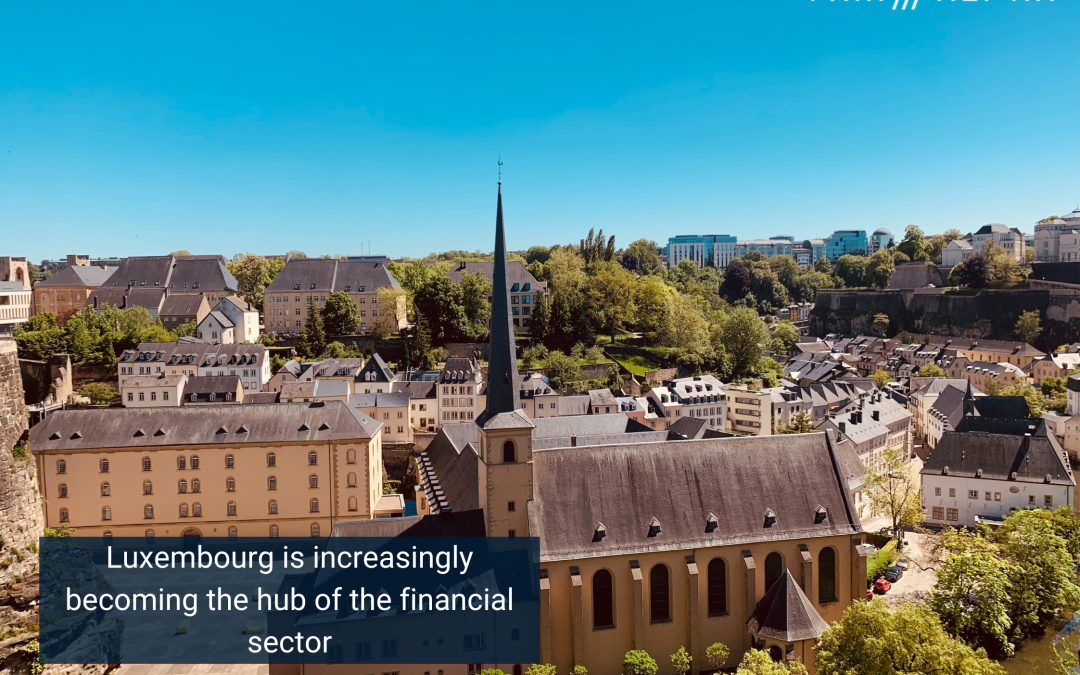Luxembourg, 10 May 2023 – While other sectors of the economy are slowing globalisation, the financial sector is continually progressing. Firms across countries and continents are collaborating to tailor products for investors. “Requirements in the financial sector are becoming more and more aligned around the world”, says Daniel Knoblach, Board Member at Fair Alpha. “And, unlike in industrial companies, supply chains in the financial sector are more quickly interchangeable and less risky.” At least as long as the base is found in a location that provides consistent framework conditions in every way. Luxembourg is becoming increasingly relevant in this regard.
National frontiers have become increasingly permeable to investors in recent decades. “Even though private investors continue to have a home bias, a focus on well-known brands, equities or investments from their own environment”, adds Knoblach, “institutional investors are already far ahead here. Large German firms have long invested in the United States or purchased land in South America, financed infrastructure in Australia, or solar farms in the Middle East.” The most important criteria are always safety, transparency and the ability to properly record the investments in the books.
“Many interesting investments were ruled out for institutional investors for a long time because they did not fit within the regulatory framework”, Knoblach explains. “Country borders were frequently the end of investments.” Since Brexit, this has even applied to some investment ideas in the United Kingdom. The Luxembourg 2004 securitisation law established a sound legal and regulatory framework that is increasingly being used for cross-border investments. “When it comes to cross-border cooperation, Luxembourg is becoming the hub of the financial sector”, adds Knoblach.
Luxembourg investment vehicles, for instance, may be established in Germany and managed in Luxembourg under Luxembourg law, even if operating management is situated in Switzerland and the investor is from South America. “Ranging from German wind farms to real property to gold mines in Australia, everything is a potential underlying”, Knoblach points out. Such compartments are appealing due to Luxembourg’s political stability as a location in the heart of Europe with a robust legislative framework for securitisations. “Obviously, there are providers of such securitisations in tax havens all over the world”, Knoblach explains. “However, they frequently fail to meet investors’ expectations in terms of transparency and regulation.”
As a result, Luxembourg benefits from clear legislation, strong internationality with many languages, political stability and integration into the EU, as well as numerous double taxation treaties with other countries. “It is indeed important for institutional investors, in particular, to add interesting investments and good returns into their portfolios”, argues Knoblach. “However, it is even more critical for the majority of them to avoid regulatory risks in the process, both now and in the future.” This is what Luxembourg has to offer.


Recent Comments